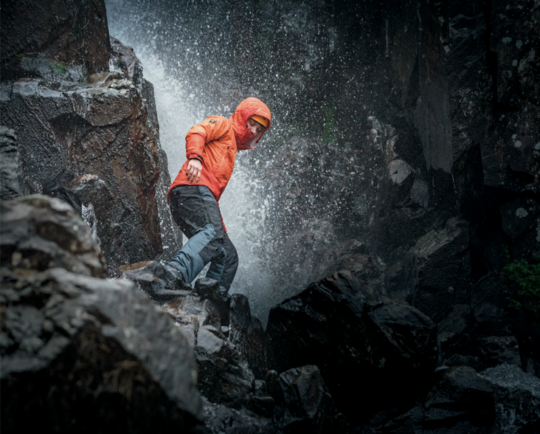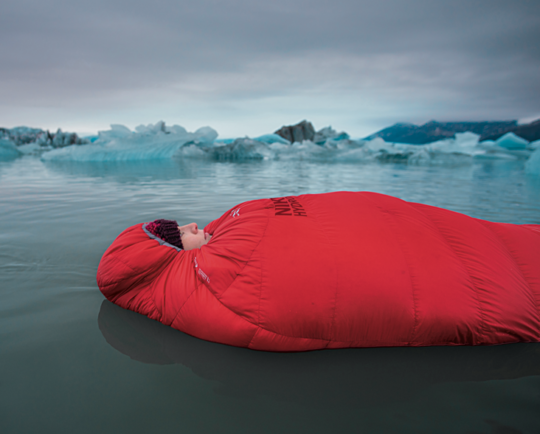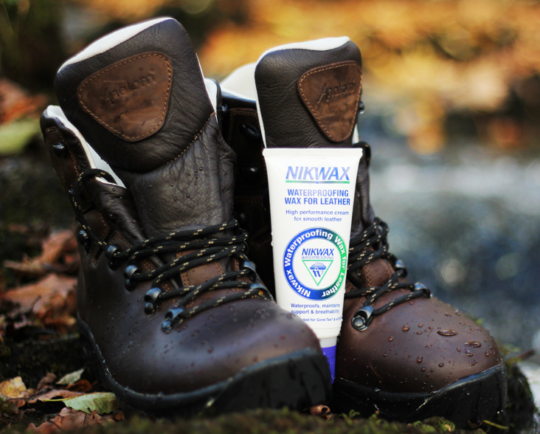Nikwax Waterproofing
and
Páramo Directional Clothing
Outdoor Innovation, with care and concern for the environment… The Nikwax and Páramo story begins 40 years ago with their founder Nick Brown. An outdoor enthusiast from a young age, Nick back packed in the mountains and wanted to have dry, comfortable feet. At the same time, he had just left university and needed to earn a living. The two needs came together to form Nikwax, initially focused on waterproofing for walking boots. In due course, Nikwax has grown to include a whole range of products that provide comfort to people outdoors, developed with care and concern for minimising their environmental impact, and aiming to be a good example of how to do business in a sustainable way.
Concerned about the environmental impact of aerosol emissions into the atmosphere, Nikwax was the first outdoor company to produce a range of water-based products for cleaning and reviving waterproof clothing and gear that could be used in a washing machine. Recognising the potential harm on human and animal health, Nikwax products have never contained any harmful and persistent fluorocarbons (PFCs), aerosols or solvents – saving harmful pollutants from entering the atmosphere.



